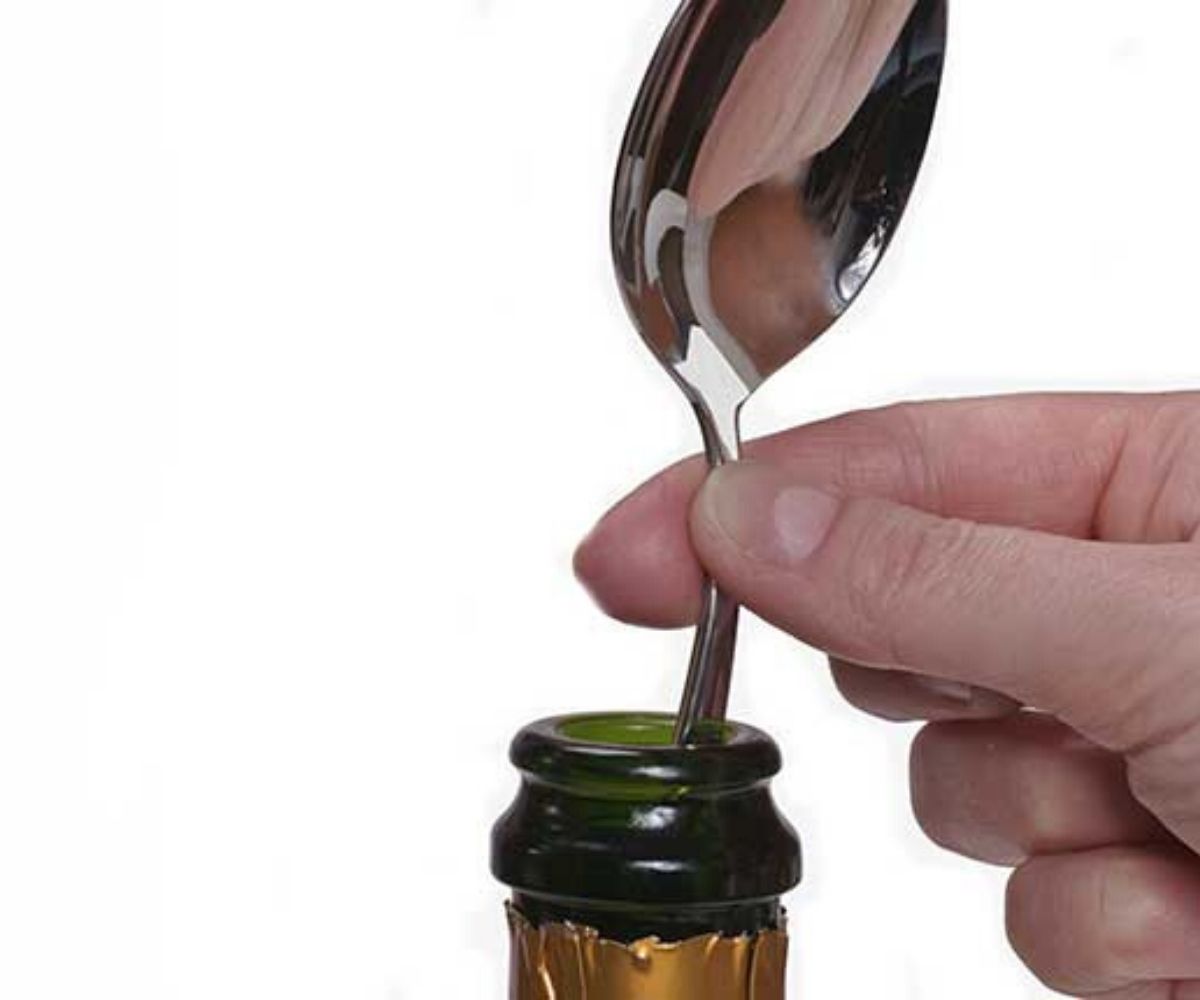Fool’s Gold, Old Wives’ Tales and Debunking Wine Myths

We’ve all heard them, often believed them and sometimes even republished them; but the sad reality is that urban myths about wine seemingly spread faster than coronavirus in a Wuhan wet market!
Some of the lines my dear sister comes up with have made me choke on my chardonnay over the years, but the one I loved the most was her pontification that “I drink organic wines because they don’t give me a headache!”. Really sis? I guess you also think that wines made using biodynamic practices in the vineyard make for happy tasting wine in the bottle? What bunkum, bollocks and BS!
Sometimes I think there must be more old wives’ tales about wine than my good friend John Eastham has conspiracy theories about politics, but I realise that’s just not numerically possible. So I thought I’d highlight just five of the fables that I most frequently hear during dinner table conversation at catch-ups with my family.
- “I only drink white wine because I’m allergic to sulphites.” Really? In fact, all wines contain sulphites at some level because they are naturally occurring compounds in all sorts of foods that we regularly eat – such as dried apricots, eggs and even sultanas. Do you get a headache Sis, after eating eggs benedict? Sure, some wines have much lower levels of sulphites than others but there would be less sulphites in a bottle of wine than you’d ingest eating a cup full of dried fruit.
- “When I need a good bottle of wine to take to a friend’s place, I only buy wine that’s closed with a cork because screw-cap ones aren’t as high in quality”. There will always be traditionalists who will disagree with me, but I really can’t say that I’ve found any difference when I open a ten year old wine that has a screw-cap. Sure, screw-caps might slow the aging process down a little as they provide a much tighter seal than cork, but at least there are less bottle losses due to bottle taint. One of the early adapters to move over to screw-cap were Taylors Wines in South Australia. At the price point, their St. Andrews Clare Valley Cabernet is up there with some of the best going around. I opened a bottle of their (screw-cap) 2005 St. Andrews Riesling last weekend, and guess what – it was perfect even after 15 years laying on its side.
- “I put a silver teaspoon in my opened sparkling wines to keep them bubbly and fresh in the fridge”. The theory goes that the spoon keeps cold air inside the bottle and that preserves the bubbles. Hmmmm. Using a vacuum seal device will work, but Mum I’m sorry, the teaspoon may as well stay in the top drawer of the kitchen bench!
- “Older wines are always smoother and better to drink”. I’m sorry to say that old wines can be fool’s gold; depending on what they are and how they’ve been kept. Personally, I prefer to drink my cellar-dwelling wines before they start to smell like my old man’s chicken coop. Sure, the tannins in wines will soften with time but softer tannins in a wine that is devoid of fruit and smells like a barnyard, won’t really be palatable. I’d suggest that if you have a bunch of really old bottles you are worried about, just do what I do – find a good mate (like my good friend, Rick Chapman) who thinks a bit of age is impressive and sell him the whole lot so you can re-stock your own cellar at lower risk.
- “I prefer organic wines because they don’t give me a hangover”. I’ve got nothing against organic wines; and there are some rippers out there (like the Angove Organic 2019 Shiraz Cabernet and their Organic 2019 Chardonnay $14.99), but the notion that drinking two bottles of an organic wine yourself and expecting to wake up feeling better than James Brown (“I feel good”), is palpable nonsense. Some organic wines will be lower in sulphites but at the end of the day, it’s the alcohol that will cause you to wake up with photophobia, nausea and the sensation of a vice compressing your skull. Just drink a glass of water after each glass of wine and you’re less likely to be reaching for the medicine cabinet when you wake up.
There are dozens of myths, fables and story tales that circulate during conversations about wine; and it seems my family are disciples to most of them. How about yours?